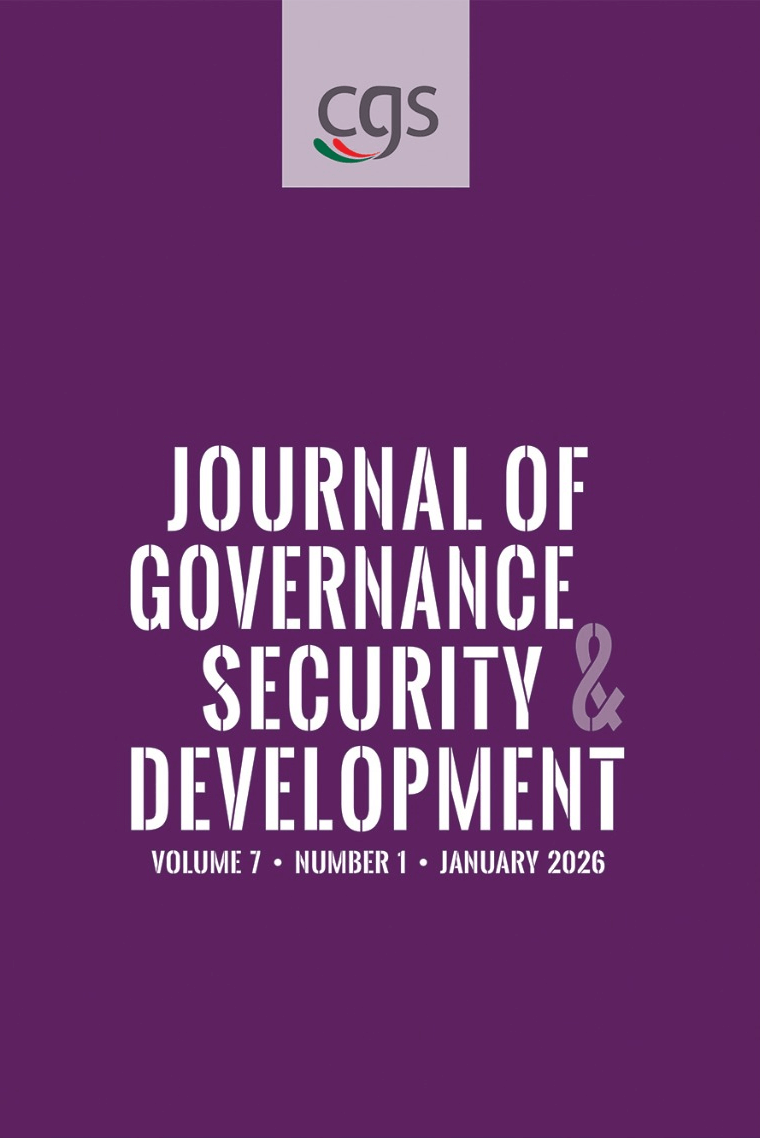Journal Abstract
Volume 5 | Number 1
Online Version: ISSN No: 2709-0590
Print Version: ISSN No: 2708-2490
Price: BDT: 750.00, USD: 25.00
Publish Date: 01, July 2024
Article:
Ario Bimo Utomo and Salsa Febiola Gading Widjaya
Abstract
The study of International Relations has been increasingly paying more attention to the rise of non-state entities as new global actors. Consequently, this also brings the concept of paradiplomacy, or the diplomatic activities conducted by substate governments, to the forefront of discussion within the discipline. However, since paradiplomacy mainly stems from the tradition of federalism in the Western world, limited studies have provided more theoretical nuance through case studies in non-Western, unitary states. This article attempts to fill the knowledge gap by exploring the politics of paradiplomacy in Indonesia, a developing unitary state. This article argues that the concept of mandala, a Southeast Asian philosophy of governance, can be utilized to understand the politics of paradiplomacy in Indonesia. The authors contend that the Indonesian paradiplomatic culture primarily stems from the mandala concept, which has consistently pervaded Southeast Asian political culture and influenced Indonesia's paradiplomacy architecture. This concept emphasizes harmony between the center and periphery. In the bigger picture, this article rejects the notion of an ‘ideal’ paradiplomatic culture based upon Western practices and contends that non-Western states might have their own interpretations of local-central relations, which are worth noticing.


